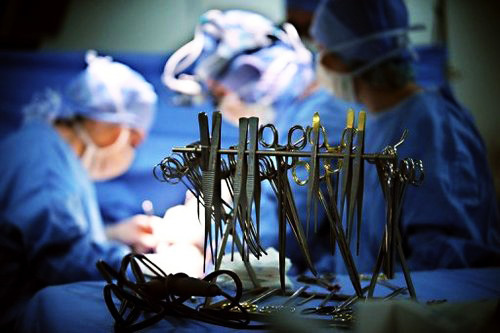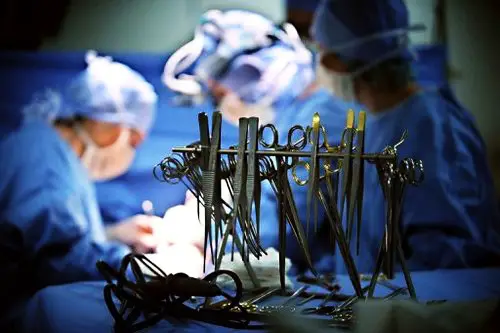By Hu Zexi from People’s Daily

Though China currently performs the second-largest number of organ transplants after the US, rising costs and lack of doctors remain challeges for those in need of the proceedures, a top Chinese medical expert said recently.
In 2016, Chinese citizens donated 4,080 cases and doctors performed 13,000 transplants, Huang Jiefu, chairman of China National Organ Donation and Transplantation Committee, told the press on the sidelines of the ongoing two sessions in Beijing.
The chances of surgery success were much higher than before as well, said Huang, a member of the Chinese People's Political Consultative Conference (CPPCC) National Committee, adding that the survival rate of liver transplants exceeded 95 percent in 2016.
“Since the year 2015, donation from voluntary donors has become the only legitimate source of organ transplants in China,” said Huang, who also attended a summit at the Vatican on combating organ trafficking in February.
After the Alibaba-owned mobile payment app Alipay allowed for users to register to be organ donors at the end of 2016, more than 100,000 people have since registered, the expert added.
But the former vice heath minister admitted that an incomplete management system, a shortage of professional doctors and higher costs are still roadblocks to China’s organ transplant sector.
While about 300,000 people in China need transplants each year, only 31,000 patients are officially registere to receive them, he said.
“The biggest obstacle is a lack of doctors and qualified hospitals,” said Huang, adding that despite the number of organ donors increasing several times last year, only over 380 heart and 204 lung transplant surgeries were performed.
Huang said the number of organ transplant hospitals in China will increase to 500 in the next five years.
In 2016, Chinese citizens donated 4,080 cases and doctors performed 13,000 transplants, Huang Jiefu, chairman of China National Organ Donation and Transplantation Committee, told the press on the sidelines of the ongoing two sessions in Beijing.
The chances of surgery success were much higher than before as well, said Huang, a member of the Chinese People's Political Consultative Conference (CPPCC) National Committee, adding that the survival rate of liver transplants exceeded 95 percent in 2016.
“Since the year 2015, donation from voluntary donors has become the only legitimate source of organ transplants in China,” said Huang, who also attended a summit at the Vatican on combating organ trafficking in February.
After the Alibaba-owned mobile payment app Alipay allowed for users to register to be organ donors at the end of 2016, more than 100,000 people have since registered, the expert added.
But the former vice heath minister admitted that an incomplete management system, a shortage of professional doctors and higher costs are still roadblocks to China’s organ transplant sector.
While about 300,000 people in China need transplants each year, only 31,000 patients are officially registere to receive them, he said.
“The biggest obstacle is a lack of doctors and qualified hospitals,” said Huang, adding that despite the number of organ donors increasing several times last year, only over 380 heart and 204 lung transplant surgeries were performed.
Huang said the number of organ transplant hospitals in China will increase to 500 in the next five years.
 Menu
Menu
 Shortage of doctors a challenge for organ transplants in China: expert
Shortage of doctors a challenge for organ transplants in China: expert
















